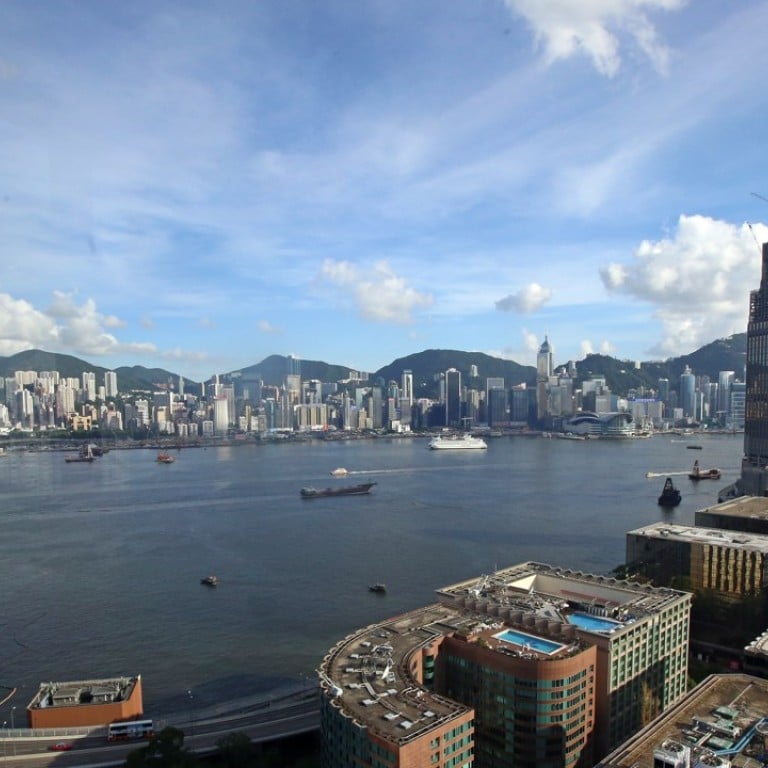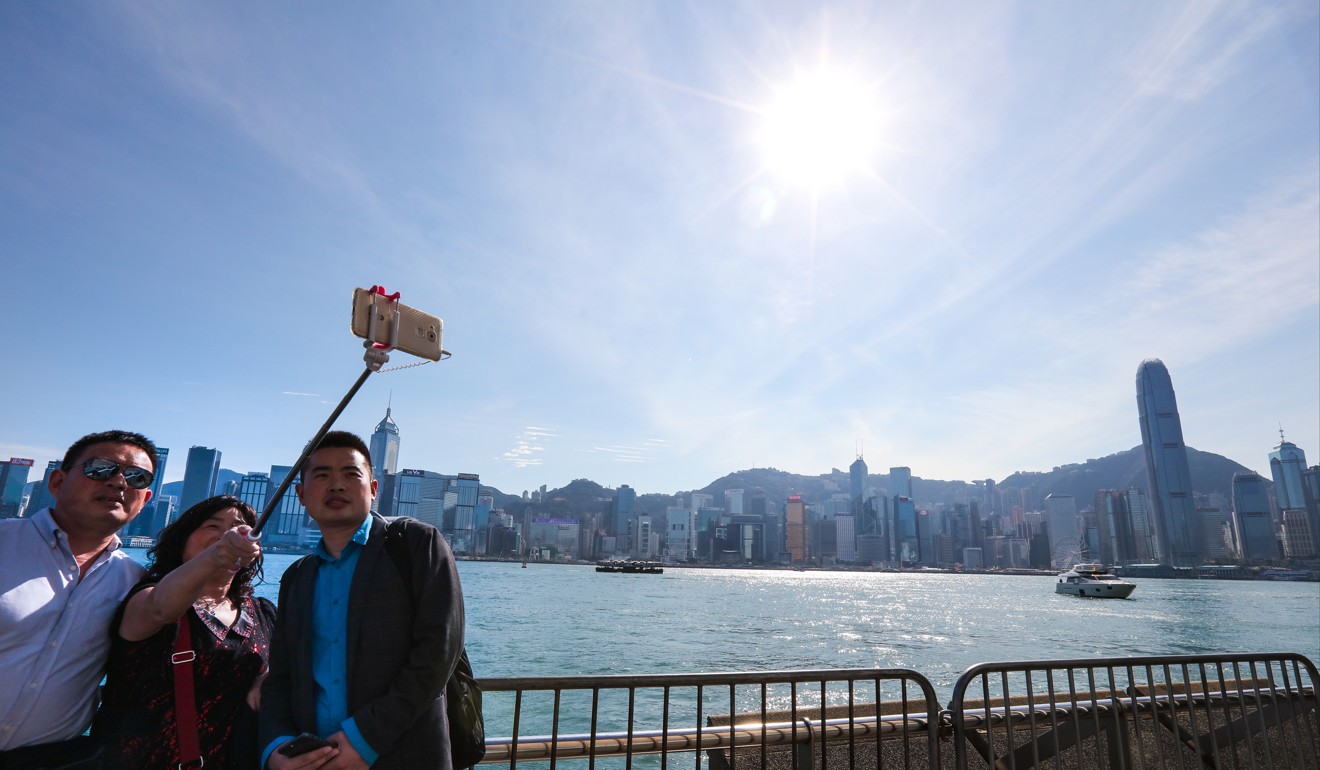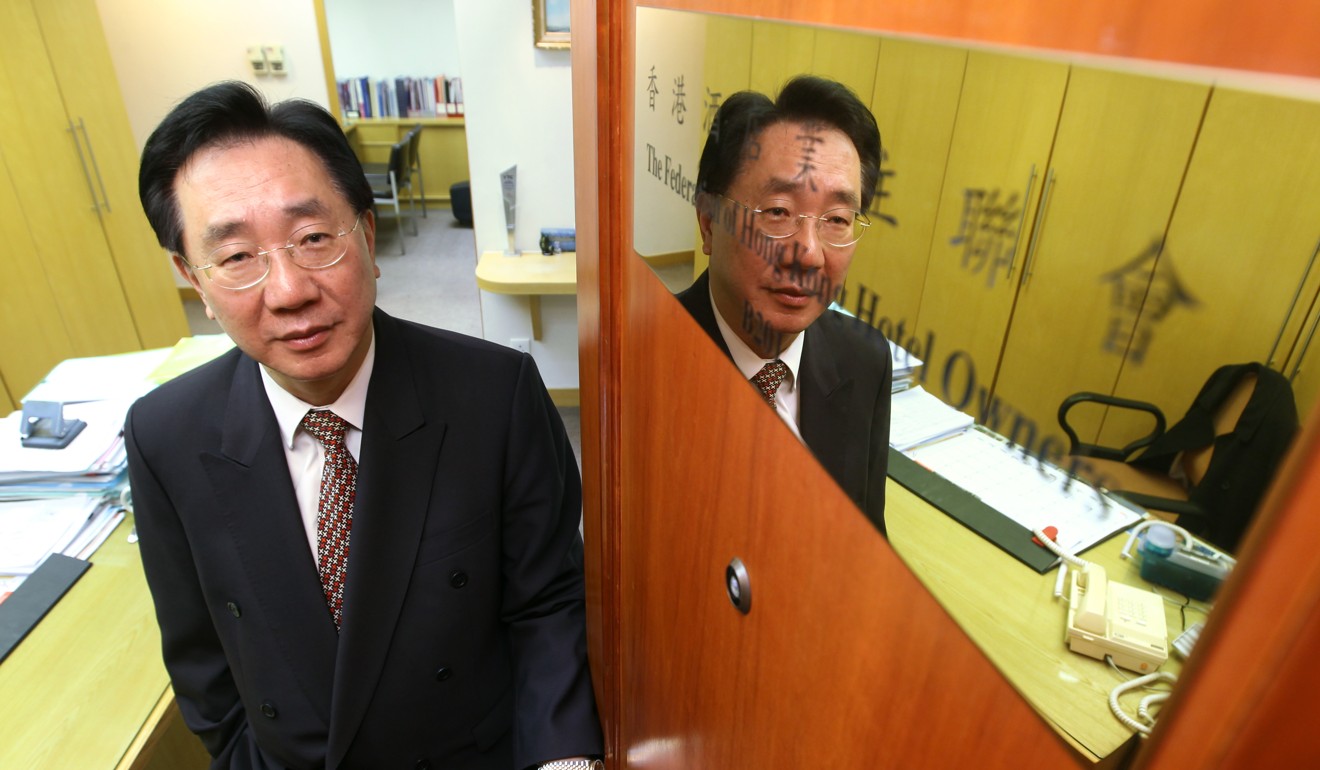
Hong Kong hotel group slams charities over loophole that lets them profit big on cheap land
Federation representing most of city’s hotels claims unregulated practice caused unfair competition in a struggling industry
Hotel operators in Hong Kong slammed charities for exploiting a policy loophole and gaining lucrative profits from hostels built on sites granted to them at a concessionary land premium.
The Federation of Hong Kong Hotel Owners claimed that institutions such as the Scout Association, Young Men’s Christian Association (YMCA), Caritas, and some universities were running commercial hotels open to ordinary tourists on heavily discounted government lands that were supposed to be used for social purposes only.

The federation, whose members own 90 per cent of the city’s hotel rooms, said the unregulated practice had caused unfair competition in the market and hurt the profitability of ordinary hotel owners. It claimed the institutions were able to offer attractive prices at lower costs, while federation members bore hefty investment costs and taxes as the city’s tourism industry struggled.
Federation executive director Michael Li Hon-shing called the practice “unfair to ordinary hotel investors”.

He said a standard room at a commercial hotel in Tsim Sha Tsui cost HK$1,200, while a comparable room at a hostel run by a nearby religious organisation charged only HK$800.
Li added that 14 sites provided to tax-exempt charities were partly used for operating hotels in the city, offering roughly 2,000 rooms.
We want the government to explain to us why they were able to do that
While the government allowed charities to run hostels at the sites provided to them for free or at a concessionary premium, he said, the difference between the term “hostel” and “hotel” was not clearly defined in the land leases.
Li stressed the purpose of such concessions was to facilitate charity events by providing basic accommodations, but now many were styled as “world-class hotels” and receiving high-end business travellers and tourists.
He claimed his research revealed a local religious organisation earned HK$15 million in rent between 2013 and 2014 from an overseas management firm operating a hotel in Wan Chai built on land acquired at a deep discount.
“We want the government to explain to us why they were able to do that,” Li said.
A Lands Department spokesman said it would introduce more restrictive terms when it granted new leases to charities, such as seeking payment for the full land premium if there were plans for commercial hotel development.
The government later admitted the terms “hostel” and “hotel” had not been clearly defined and said lodging was generally allowed at both places. “Contractual obligations” precluded the government from asking charities to change their status, it added.
Federation vice-chairwoman Belinda Yeung Bik-yiu said she understood it was difficult to change the old leases, as some had 99-year terms. But she urged officials to tighten the conditions for holding functions at such sites, such as making them for members only.
And if a charity sought to run the site as a commercial hotel, she added, it should be required to pay the full land premium and applicable tax.

